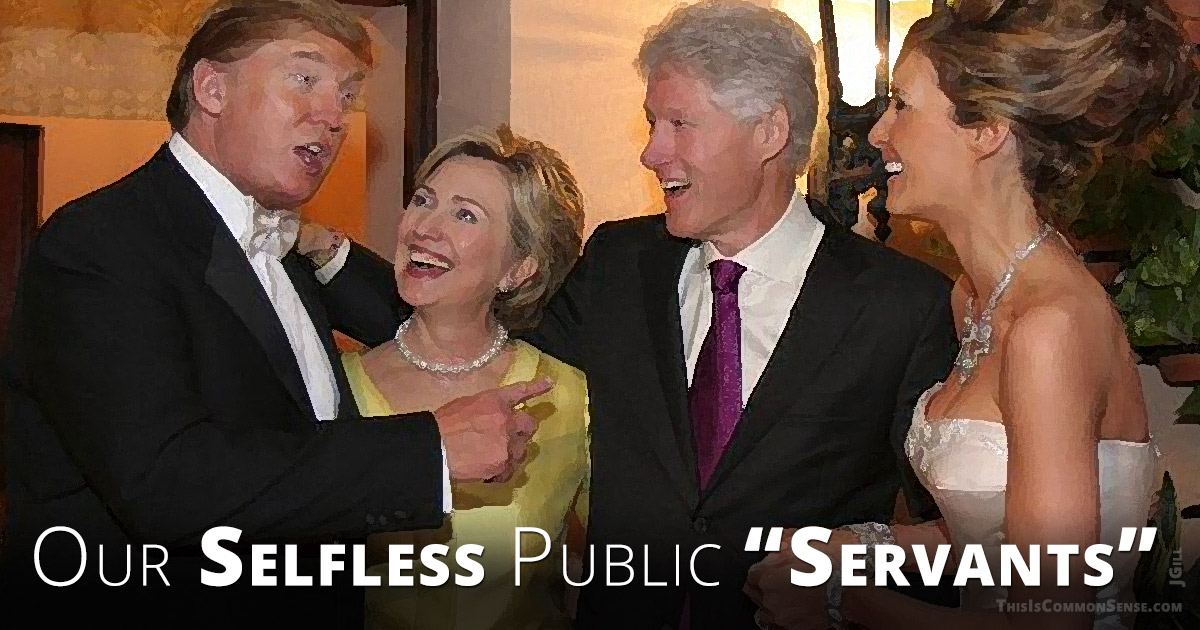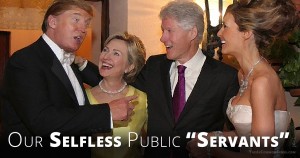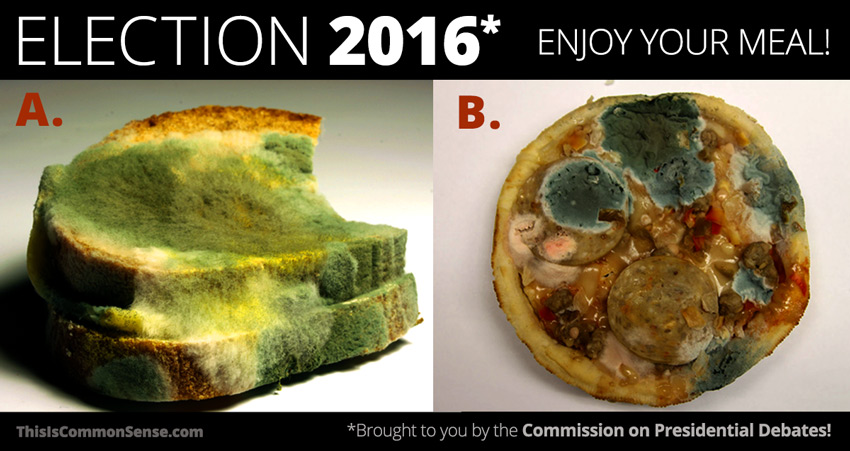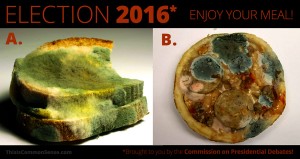California has become the 32nd state to stand up for the dying.
Gov. Jerry Brown just signed the “right to try” law that the Goldwater Institute has been pushing. It allows diagnosed terminally ill patients with only a few months left to live to try “experimental” medications.
These are drugs that haven’t passed through all the Food and Drug Administration’s many hoops.
The rationale for the law is that the FDA’s decade-long, costly process is ostensibly designed to prevent “dangerous” drugs from being regularly prescribed and sold and used in the United States. To save lives, you see. But it is simply cruel to hold patients in the process of dying to the strict standards of the slow, bureaucratic federal bureaucracy. Cruel because purposeless.
The Goldwater Institute’s press release clarifies the law like this: “Right To Try is limited to patients with a terminal disease that have exhausted all approved treatment options and cannot enroll in a clinical trial. All medications available under the law must have successfully completed basic safety testing and be part of the FDA’s on-going approval process.”
Hardly radical. Indeed, it seems such a meek and mild move, to me. If you are dying, and your doctor is obliging, who is harmed?
Two things, though:
- Had Americans a right to self-medicate — like we did before the Progressive Era nanny state bureaucracies were set up — this issue would not even come up. These reforms are necessary because we are not Once upon a time, all Americans could choose any medication.
- This is yet another example of states effectively nullifying federal law.
More please.
This is Common Sense. I’m Paul Jacob.











